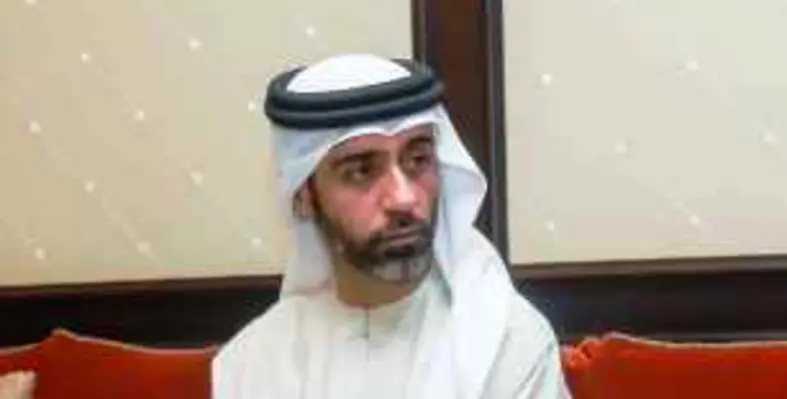More than one million tonnes of carbon dioxide will be reduced by 2030 and 1.7 TWh of electricity will be saved by the same year in Dubai, according to the new targets revealed by Dubai?s Etihad Energy Services Company (Etihad ESCO)
Speaking at the 4th annual RetrofitTech Dubai Summit & Awards, Ali Al-Jassim, CEO of Etihad ESCO, revealed targets to have 5.6bn imperial gallons of water saved by 2030 through new initiatives. Solar projects were also a key focus of the event which showed that 1,000 kWp will be generated on the rooftops of Dubai World Trade Center as well as 3,000 kWp from solar panels on the roofs of 640 villas in Hatta. Al-Jassim focused on how through such projects, Dubai will become a role model in energy efficiency by implementing cost-effective electricity and water demand saving measures, as well as developing a green service market.
He also stated that the partnership with the British University in Dubai, supported by Dubai Supreme Council, is a complete success embracing training programs for executive managers, engineers, technicians and financiers. The program is planned to add the solar sector and reach out to the GCC countries.
DEWA has made 30 per cent energy savings through retrofit projects as well as US$544,520 a year in monetary savings. This was a result of replacement of chiller plants, significant retrofit of HVAC systems and retrofit of seven DEWA buildings in Dubai.
Al-Jassim added, ?It is important that we continue raising awareness in Dubai on the benefits of retrofitting and its positive impact on the environment. We are working closely with residential groups, government, commercial entities and industrial organisations to provide support and assistance on education around energy efficiency and sustainability.
?We have launched the Dubai Energy Efficiency Training Program, which is a consortium of three local and international partners who will deliver 19 training sessions, offering 12 certifications for members. Initiatives like these will help educate and motivate people to consider changes in technology that will lead to more energy efficient buildings across the emirate.?
It was also revealed for the first time that Etihad ESCO has signed its first project outside of Dubai in Abu Dhabi to retrofit two industrial facilities.
Another significant announcement was that Etihad ESCO will now manage the building labelling scheme for existing buildings under the leadership of the Dubai Supreme Council of Energy and the regulation of Dubai RSB.
The Dubai Supreme Council of Energy has set the goal of reducing energy demand by 30 per cent by 2030 and to retrofit 30,000 buildings by the same year. Retrofitting and refurbishing existing buildings have been identified as core strategies to reduce overall energy demand.








